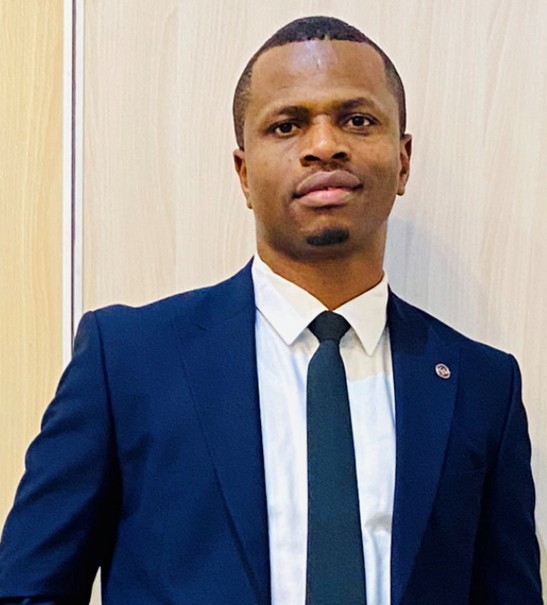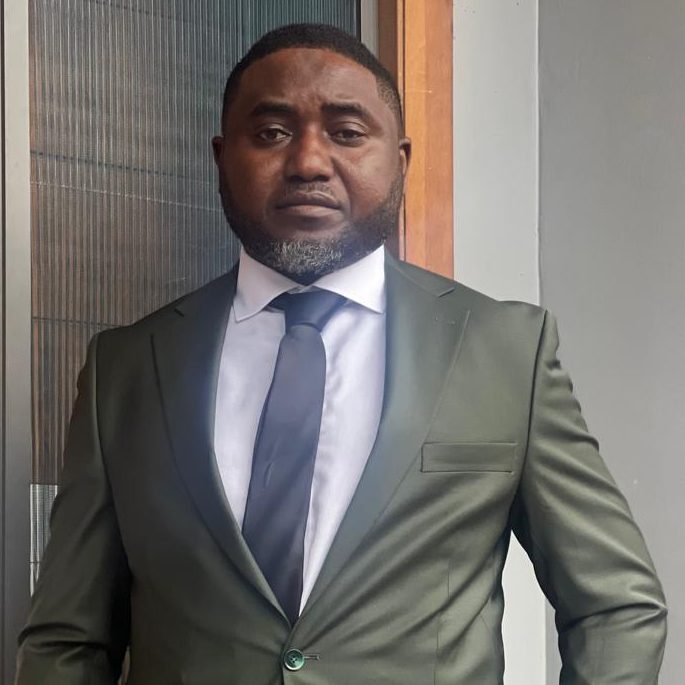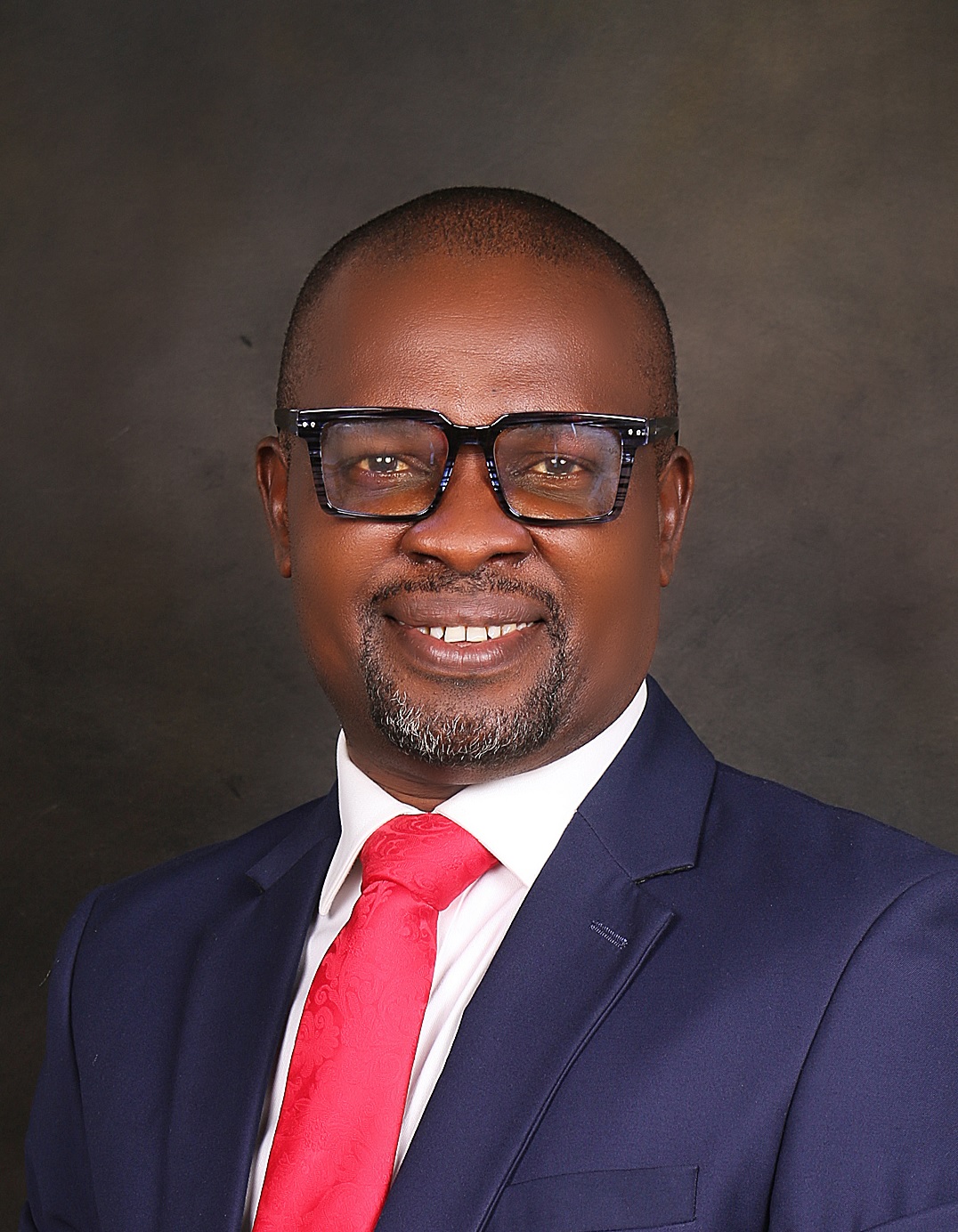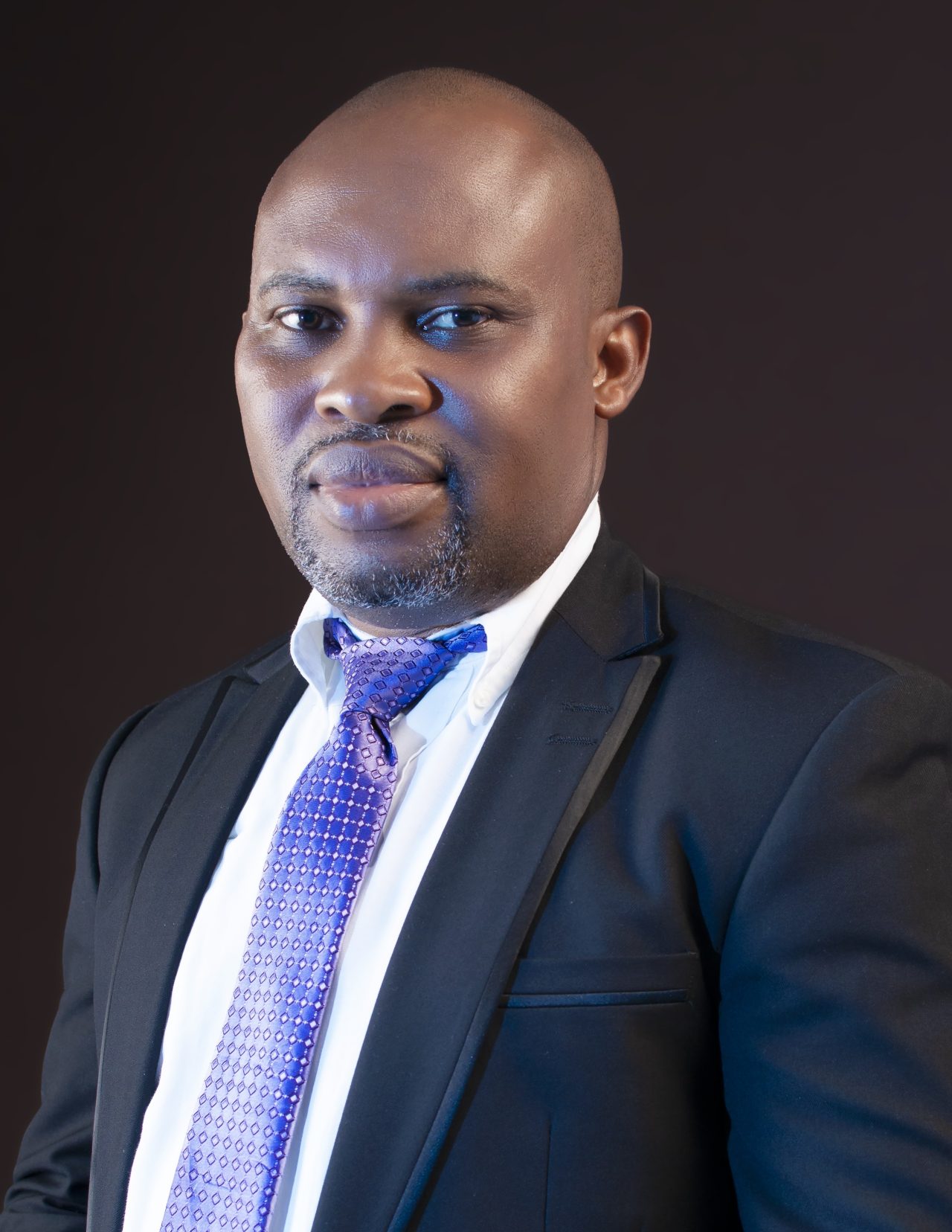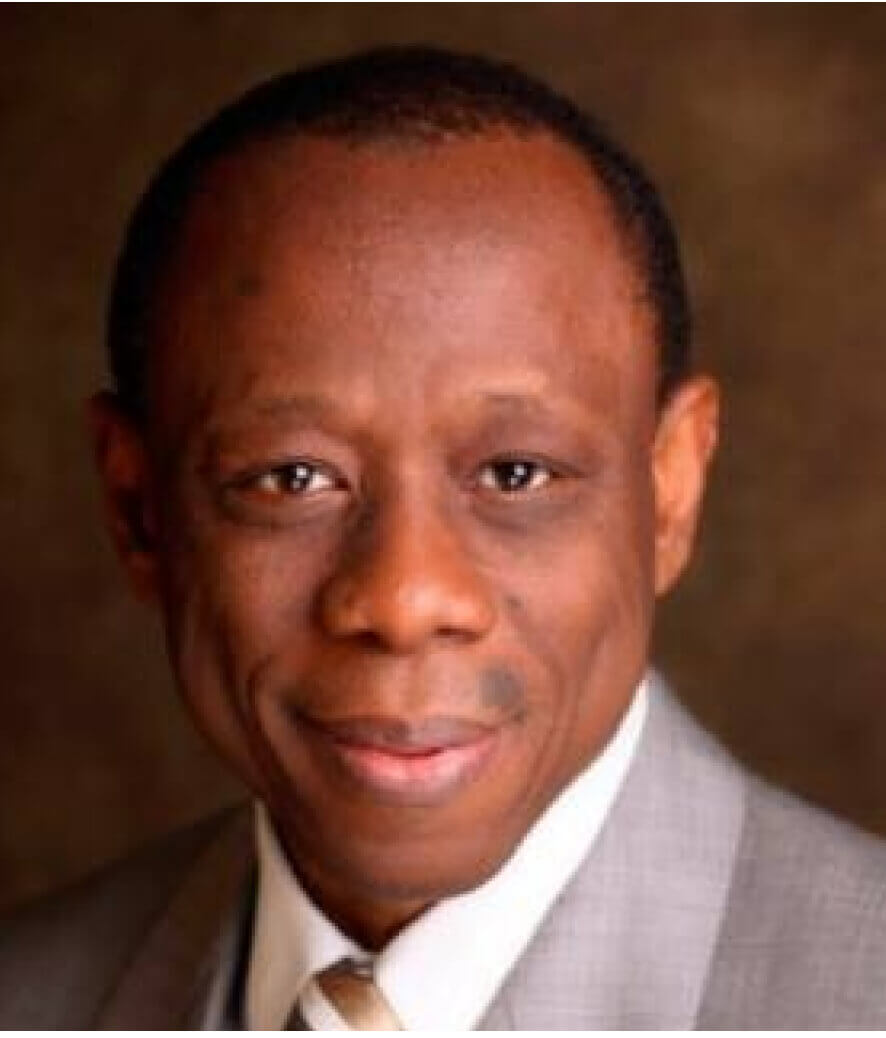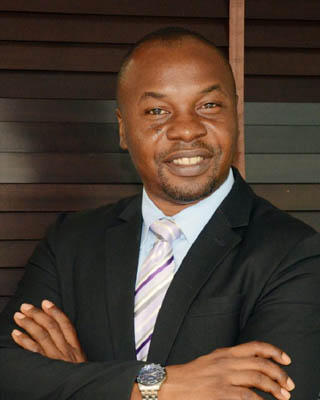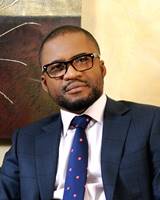Ebi Dike – Operations Manager
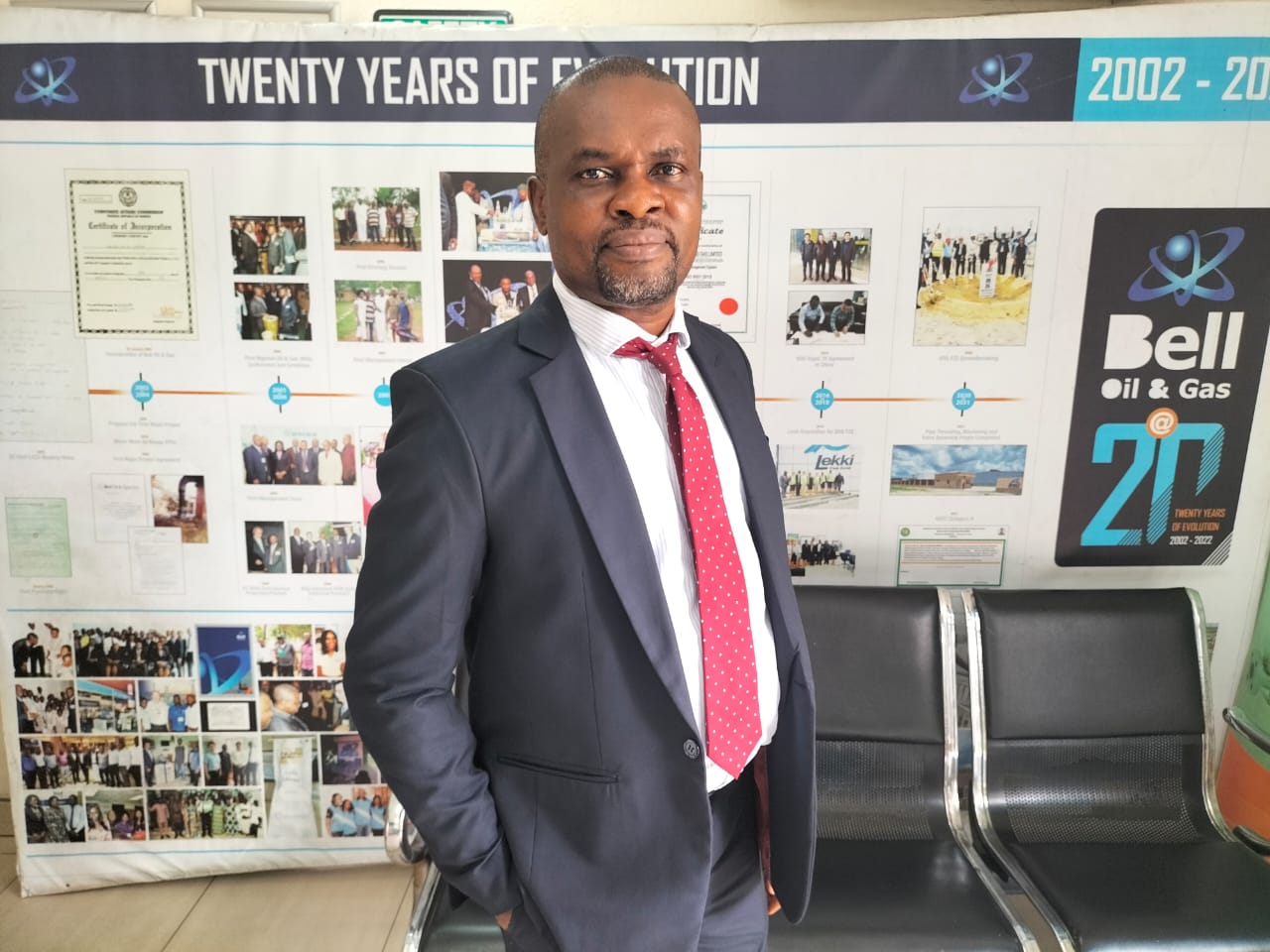
Tell us about yourself and the leadership role you occupy.
I’m Ebi Dike. I’m the Operations Manager at Bell Oil & Gas with over two decades of experience in operations, project delivery, and team leadership. Currently, I lead a multidisciplinary team responsible for executing workshop and field operations, ensuring service quality, and maintaining client satisfaction. My role involves strategic planning, resource management, and fostering a culture of safety and continuous improvement.
What’s the most important lesson you’ve learned as a leader?
It’s John C, Maxwell in his book “The 21 Irrefutable Laws of Leadership” who stated that “leadership is influence, nothing more, nothing less”. As a leader at various levels in my career, I’ve seen that influencing skills work for me and for other managers I have worked with.
So, the most important lesson I’ve learned is that leadership is about influence, not authority. People follow leaders they trust and respect, not just those with titles. Building that trust requires consistency, empathy, and the ability to listen and adapt. I urge you to try it out and see how you manage your workload through people effortlessly.
How do you balance leading a team with your other responsibilities?
I prioritise clear communication and delegation. I empower my team leads to take ownership of their areas, which frees me to focus on strategic decisions and stakeholder engagement. I also use structured planning tools and regular check-ins to stay aligned with both operational and leadership responsibilities.
What leadership qualities do you value most?
My most valued leadership quality is learning agility. Leaders who fail to learn quickly or are too lazy and rigid will produce mediocre results, which trickle down to those they lead.
How do you make tough decisions?
I live a principle-centered life. Virtually everything is viewed through the eyes of these principles. I also rely on a mix of data, experience, and consultation. I gather relevant facts, assess risks, and consult with key team members. When time is limited, I trust my instincts—shaped by years in the field—and always ensure decisions align with BOG.
What leadership qualities do you value most?
I value integrity, accountability, and adaptability. In the oil and gas industry, conditions change rapidly, and leaders must be able to pivot while maintaining ethical standards and taking responsibility for outcomes. Most operations we handle as a service company within the industry require a level of adaptability and agility that is not just book knowledge but has to be demonstrated on a day-to-day basis. It’ll be difficult to succeed without an agile mindset to meet the client’s requirements.
What’s the biggest challenge you’ve faced as a leader?
One of the toughest – and most rewarding – chapters of my career came when I assumed this operations-leadership role right after COVID, during one of the sharpest downturns our industry has seen. We had to make difficult decisions around cost-cutting while keeping morale high even with issues of furlough hovering around the workplace. It taught me the importance of transparent communication and supporting people through uncertainties.
If you could give your younger self one piece of leadership advice, what would it be?
I’d say: “Don’t be afraid to ask for help.” Early in my career, I thought leaders had to have all the answers. But real leadership is about collaboration and knowing when to lean on others’ expertise. I still struggle with that, but it’s lessening by the day as I continue to seek assistance from colleagues and peers at every opportunity.
What excites you most about the future of BOG and the industry?
As we broaden our portfolio with high-performance valves, Oil Country Tubular Goods (OCTG), and corrosion-resistant line-pipe solutions, BOG is equally committed to advancing sustainability throughout the oil and gas value chain.
Key strengths which we bring to our clients include:
- OCTG threading and machining, and valve assembly and maintenance.
- Comprehensive well services covering everything from intervention, stimulation, and workover support to MPFM well testing, flowback operations, and sand monitoring, to optimise production and minimise downtime.
- Rotating-equipment packages engineered for maximum uptime and lower emissions.
- GRE piping and pipeline solutions that combat corrosion and extend asset life, reducing total cost of ownership.
- In-house hydraulic hose crimping and fabrication capabilities that cut lead times and ensure leak-free, HSE-compliant operations.
- Packages and solutions to support flare-capture and carbon-reduction projects that help operators meet aggressive ESG targets.
Looking ahead, we anticipate even deeper collaborations focused on cleaner, more resilient operations, and BOG is fully prepared to lead that charge.
How do you handle failure or setbacks in leadership?
As a professional now, I treat setbacks as learning opportunities. It has not always been like that. In the past, I would feel very bad about every failure and become immobilised by it. Nowadays, I conduct a root-cause analysis, involve the team in finding solutions, and focus on what we can do better next time. It’s important to take ownership of mistakes and model resilience. In projects, the retrospections and lessons learned are opportunities to learn and grow. It’s one of our core PMO/Operations processes – the AAR meeting.
What book, podcast, or resource has had the most impact on your leadership style?
One book that deeply influenced me is “Leaders Eat Last” by Simon Sinek. It reinforced the idea that great leaders prioritise their people, creating environments where trust and collaboration thrive. Life is like a boomerang; whatever you throw out there will always return. It also speaks specifically about what we are doing with the EVP program, where we recognise that our people, our greatest assets, feel safe, confident, and comfortable in meeting their personal goals and in turn meet the team and organisational goals.

